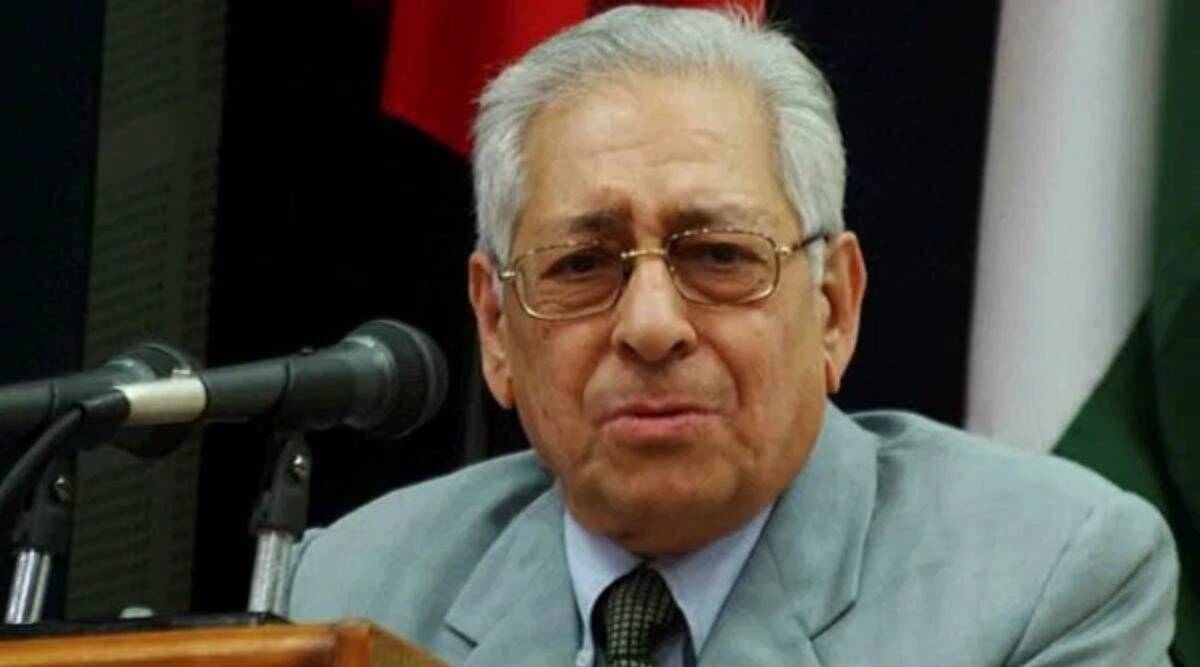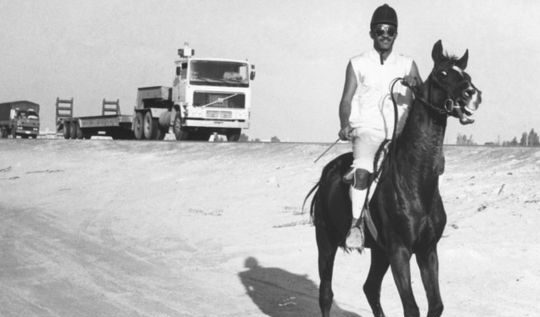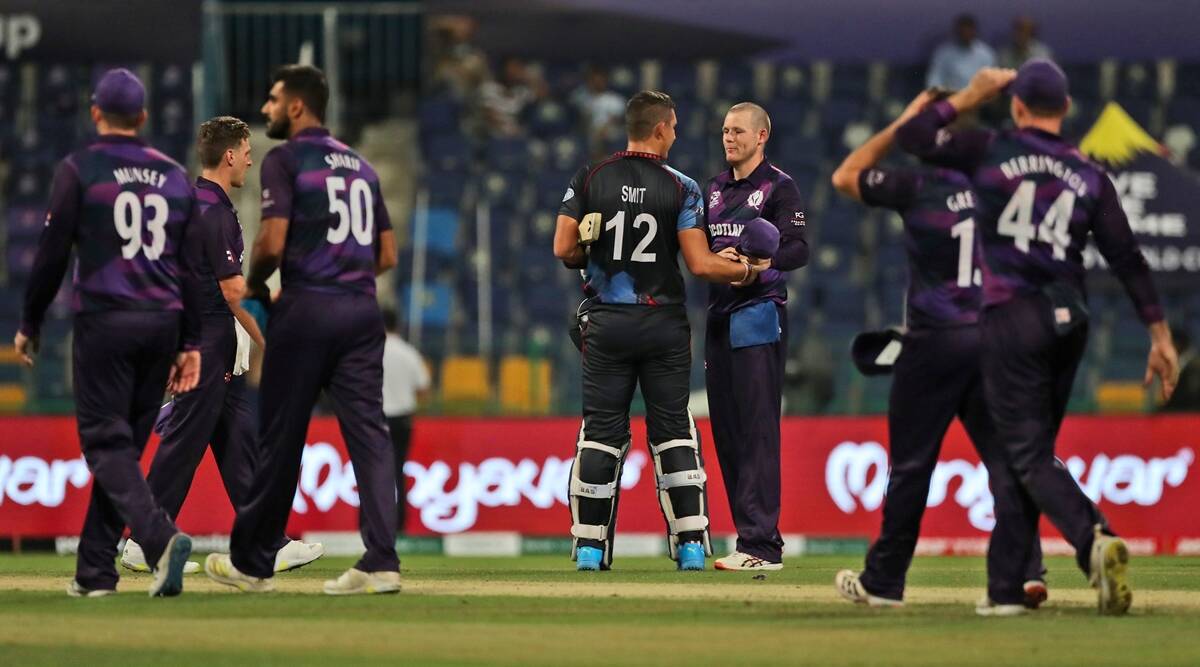Tributes poured in from across the country after former Attorney General of India and renowned jurist Soli Sorabjee died in a private hospital in New Delhi on Friday morning. The 91-year-old was undergoing treatment after contracting Covid-19.
Serving as a legal professional for nearly seven decades, Sorabjee occupied the office of the Attorney General of India twice — first from 1989-90 and then from 1998-2004.
President Ram Nath Kovind and Prime Minister Narendra Modi were among those to pay tribute.
“In passing of Soli Sorabjee, we lost an icon of India’s legal system. He was among select few who deeply influenced the evolution of the constitutional law and justice system. Awarded with Padma Vibhushan, he was among most eminent jurists. Condolences to his family and associates,” Kovind said.
Prime Minister Narendra Modi wrote on Twitter: “Shri Soli Sorabjee was an outstanding lawyer and intellectual. Through law, he was at the forefront of helping the poor and downtrodden. He will be remembered for his noteworthy tenures as India’s Attorney General. Saddened by his demise. Condolences to his family and admirers.”
The Supreme Court also paid homage to Sorabjee. A bench of Chief Justice N V Ramana and Justices Surya Kant and AS Bopanna, just before the start of the day’s court proceedings via video conference, said, “It’s a very sad news that human rights fighter Soli has passed away this morning. We pray for the gentle soul.”
Viveck Goenka, chairman of the Indian Express Group, said: “I was deeply grieved to hear of Soli’s passing away. To all of those who championed the cause of constitutional rights and the freedom of the press, he was a source of inspiration and unflinching support. To those who had the good fortune to know him, he was the very epitome of intelligence allied to courage, integrity and grace. My sincere condolences to his children Hormadz, Jehangir and Zia.”
Sorabjee started his career in 1953 at the Bombay High Court. He famously assisted Nani Palkhivala in the landmark Keshavananda Bharati case. In 1971, Sorabjee was designated a senior advocate. In 2002, he was awarded the Padma Vibhushan, India’s second-highest civilian honour.
In his long innings at the Bar, Sorabjee appeared in several civil liberties cases. In the 1978 landmark ruling in Maneka Gandhi v Union of India — known as the passport impounding case — Sorabjee, despite appearing for the government, defended the petitioner’s right to be heard. The court in this case held that due process is substantive and not merely procedural when it comes to personal liberty.
In the 1994 SR Bommai v Union of India case, Sorabjee argued that the proclamation of President’s rule is subject to judicial review, despite the protection that the office of the Governor enjoys under the Constitution. The Bommai case is still the operative law for scrutinising actions of Governors.
In the Bhopal Gas Tragedy case, Sorabjee represented the victims, leading the criminal prosecution against Union Carbide. Although as Attorney General, he was criticised for advising the government not to pursue the extradition of Warren Anderson, Sorabjee had also refused to appear for the company when approached even though Nani Palkhiwala, Fali Nariman, Anil Divan were among the stalwart lawyers who were on the other side of the case.
He was renowned for his work on human rights globally. In 1997, he was appointed by the UN as a Special Rapporteur for Nigeria to report on the human rights conditions in the country.
From 1998-2004, he was also the chairman of the UN sub-committee on the Protection and Promotion of Human Rights.
In court, Sorabjee was known for his quick wit and perceptive style of argument. He was also a jazz enthusiast.
Sorabjee is survived by his wife Zena Sorabjee and three children.




